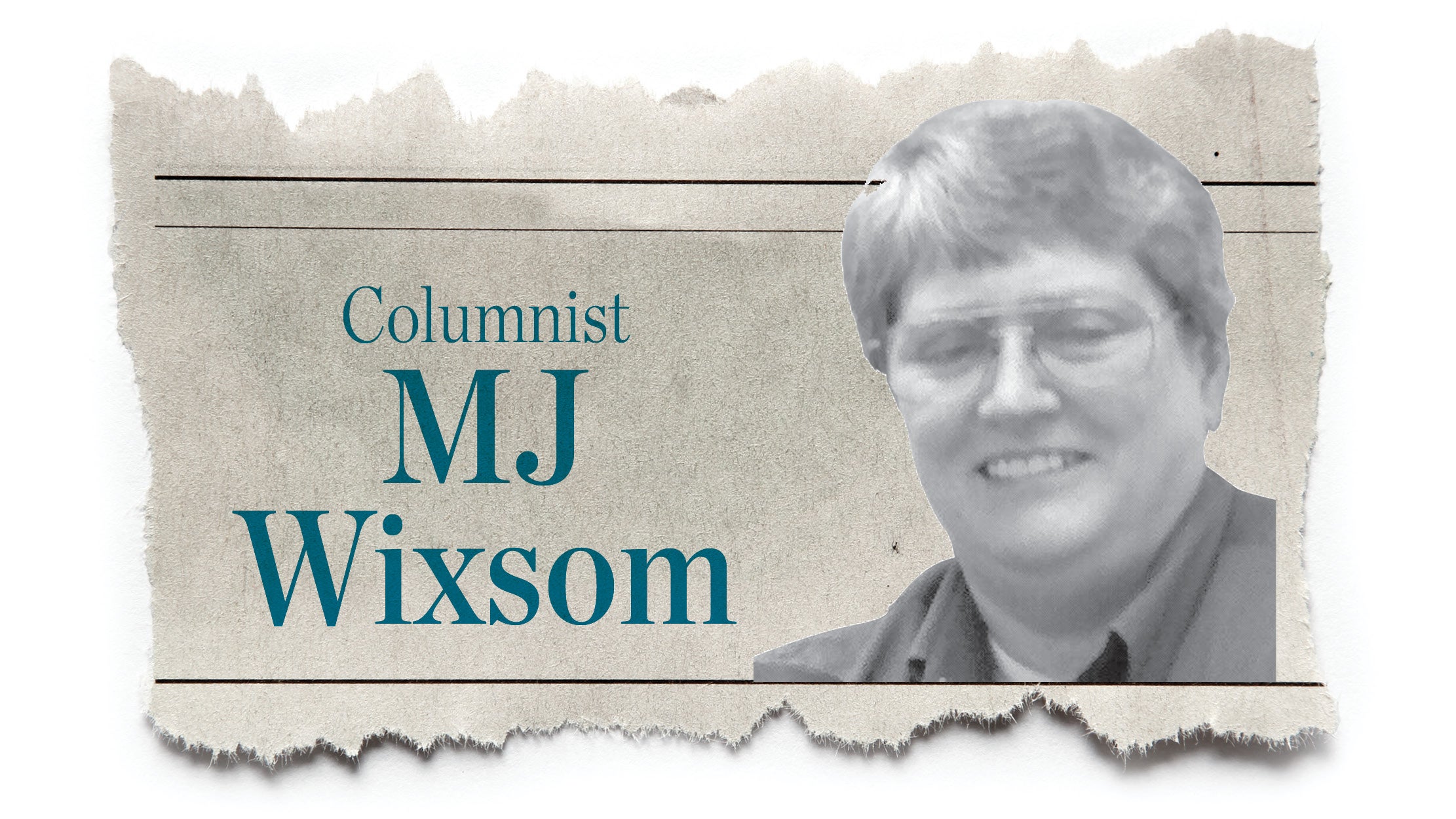Man with common touch used celebrity for good
Published 9:35 am Tuesday, June 23, 2009
SOUTH POINT — Yes, Virginia, there really was a Bob Evans.
Sausage King. Farmer. Restaurateur. Stetson-wearing philanthropist. But most importantly, just plain Dad to his six children, one of whom took it upon herself to write her father’s biography.
Robbin Evans came to the Southern Branch of the Briggs Library Monday evening to share stories about her father and talk about the book that was five years in the making: “A Bountiful Heart: The Life of Bob Evans.”
It was two years ago Sunday that Evans died at the age of 89. He was the boy of the Depression who parlayed a sausage recipe into a billion-dollar frozen food production and restaurant business with 580 locations in the East and Midwest.
But to his daughter he was the man with the common touch.
“If you had something to share, he didn’t care what your situation in life was. He wanted to hear what you had to say,” Evans told the audience. “He had fun no matter where he was. Whether with kings or paupers, he was never uncomfortable.”
Bob Evans’ first foray into the restaurant business was the Terminal Steak House, a 12-stool truck stop diner on the Upper River Road in Gallipolis. Learning quickly that truckers will eat breakfast at any hour of the day or night, Evans wanted to come up with a sausage that was more palatable that the scraps of hog — or “bloodshot lard” — typically served.
He took a family recipe and the top grades of pork and created what remains a signature item both on the restaurant menu and in grocery stores. That grew into a frozen food and family-style restaurant business that now has its stock traded on the NASDAQ exchange.
“He was a stickler for quality. He always surrounded himself with good people and he had a talent for choosing people and getting them to believe in him,” Evans said were the key ingredients in the recipe for her father’s success.
Many times journalists and biographers had approached the businessman about writing his story, but his daughter said he was leery of the press. However, when she came to him with the idea, he quickly embraced it spending hours talking into her tape recorder.
To do the research Evans moved into her parents’ home and would meet her father every morning at the kitchen table at 5 a.m. and simply listen.
“I got so many wonderful stories,” she said. “He was born in the Depression, but it wasn’t a stigma to be barefoot then, to go without.”
When she asked her father once what he and his buddies in those days did for fun he answered, “I guess we just worked.”
Evans took the product of that work and cycled it back into the passions of his life: Farming, conservation and education.
In the early 1990s he and Wayne White founded the Ohio Appalachian Center for Higher Education, geared toward turning youth from Appalachia into successful college students. All the proceeds from her biography will go to the center, which targets youth in 32 counties in Southeast Ohio and Northern West Virginia. There students can get the chance to visit college campuses, scholarships and entrance exam tutoring.
“The youth from farms and from Appalachia. He had a genuine caring for them,” his daughter said. “He was able to use what he had accomplished for humanitarian purposes.”
But despite his wealth and celebrity, Evans remained a simple man — one whose idea of a perfect Sunday was going out and feeding the cattle, coming back in the house to listen to Tennessee Ernie Ford, then curling up with the latest copy of the Ohio Farmers magazine.




